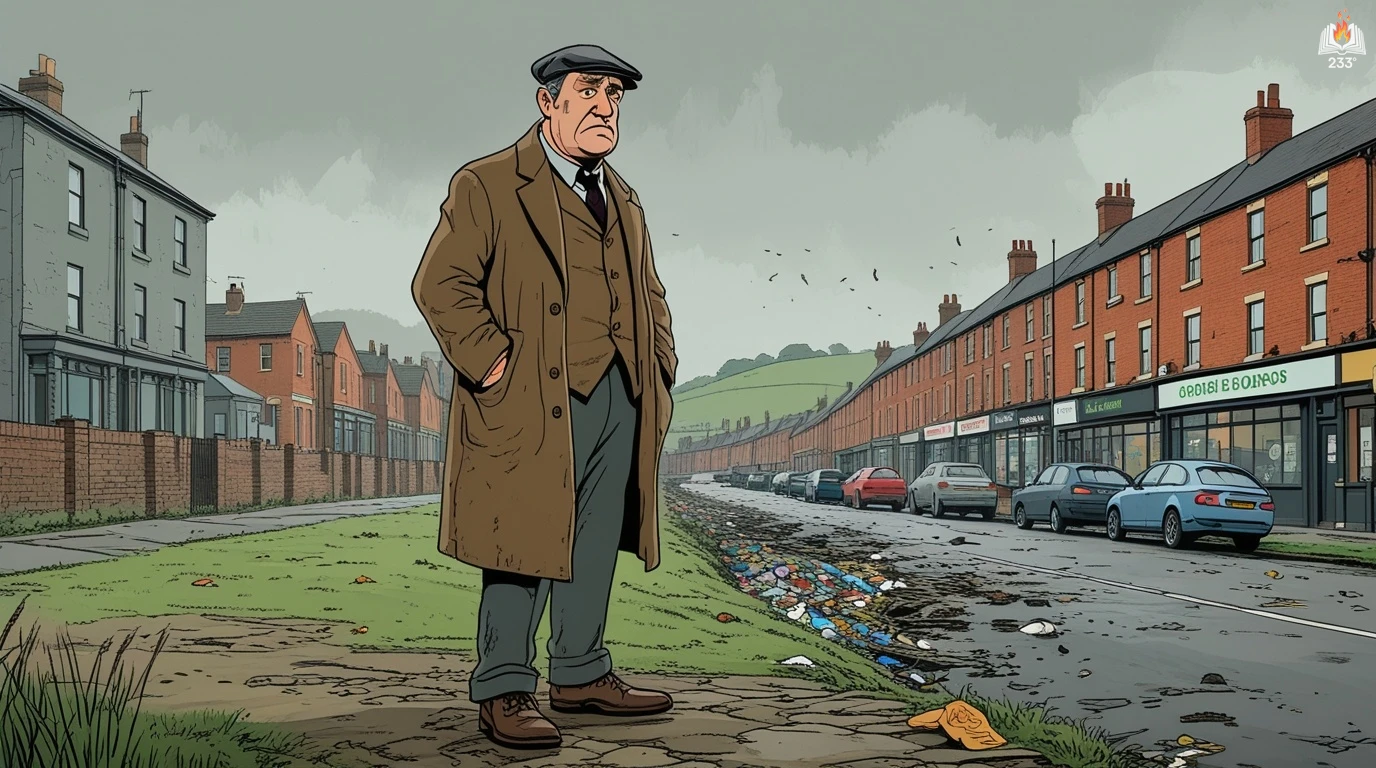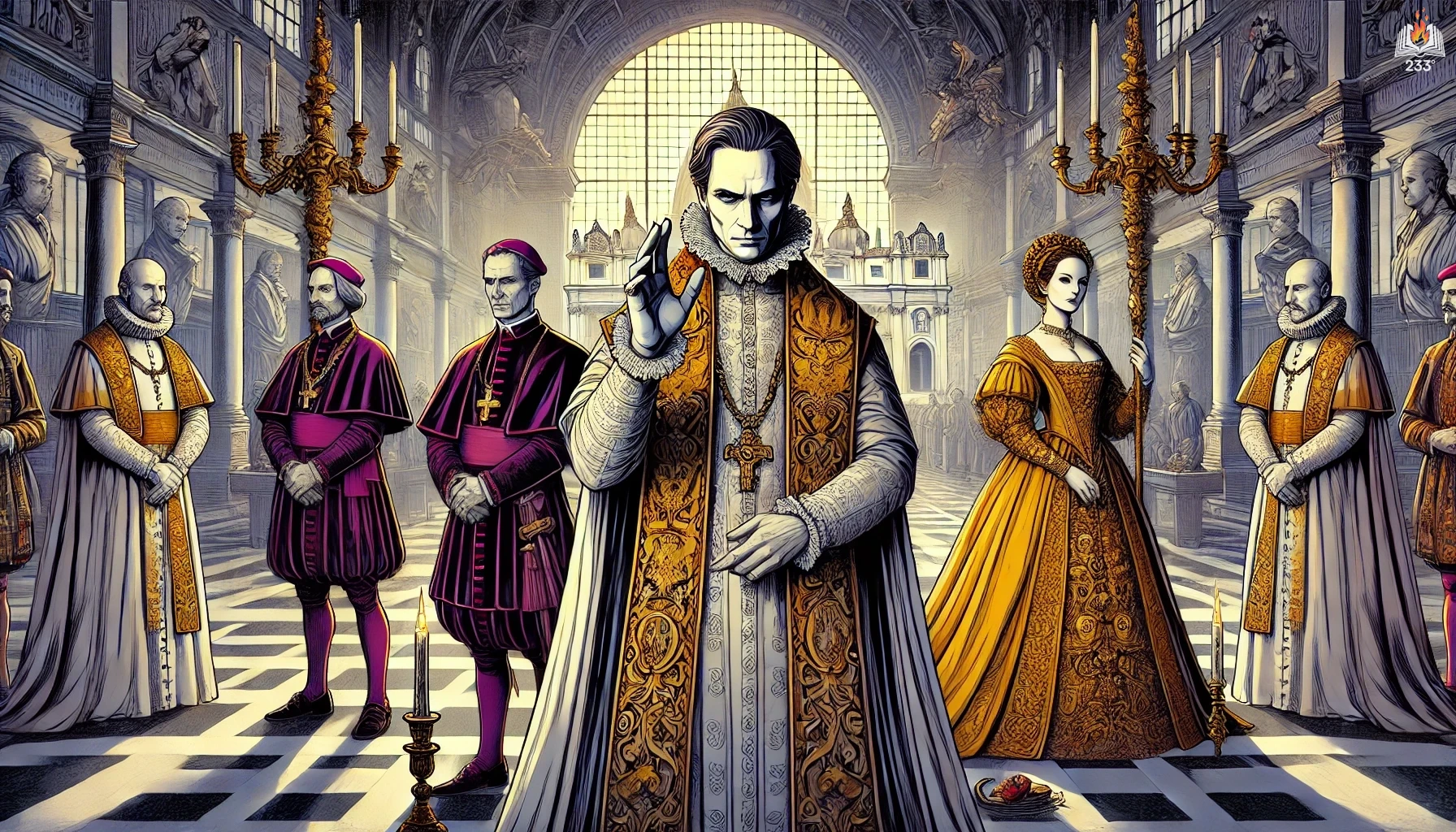The Sonderberg Case by Elie Wiesel, published in 2008, is a deeply introspective novel that weaves together the aftermath of a sensational murder trial with meditations on memory, guilt, identity, and the legacy of the Holocaust. Wiesel, a Nobel laureate and Holocaust survivor, brings his characteristic moral seriousness and philosophical depth to this novel, blending mystery and reflection in a story that moves between New York and Jerusalem.
Plot Summary
A soft autumn wind rustles through New York City as Yedidyah Wahler, a theater critic, sits at his cramped newsroom desk, haunted by a case that refuses to release its grip on his mind. Years have passed since the trial of Werner Sonderberg, the young German man accused of killing his uncle in the Adirondacks, yet the trial’s echo lingers in Yedidyah’s thoughts like an unfinished melody. He remembers the courtroom – the judge, the jury, the flicker of doubt and grief across Werner’s face, and the stoic beauty of Werner’s fiancée, Anna, whose mournful eyes carried a silent question no verdict could answer.
Yedidyah, once a passionate actor and student of the dramatic arts, had been drawn into journalism not by ambition, but by the persistent nudges of a wise and mischievous professor who saw in him not the fire of a performer, but the soul of an observer. And so Yedidyah stood at the edge of the stage, watching the human drama unfold in courtrooms and theaters alike, chronicling the lives of others while wrestling quietly with his own.
The trial, meant to determine whether Werner had murdered his uncle Hans Dunkelman, stirred more questions than it answered. Accident, suicide, murder – the possibilities loomed over the proceedings like dark clouds, but no clear truth emerged. Werner’s past, marked by a hidden shame, cast a long shadow. His choice to change his name from Dunkelman to Sonderberg hinted at buried guilt, at a longing to shed the weight of a history that clung like a second skin. Yet even after the jury reached its decision, Yedidyah could not let the matter rest.
Woven into the tapestry of Yedidyah’s life were the lives of those he loved – his wife Alika, an actress with a heart for the stage; his sons, Leibele and Dovid’l, twin stars in his private sky; and his uncle Méir, the so-called little lunatic, whose prophetic humor masked a profound wisdom. His grandfather, a survivor of Europe’s fires, carried the past in his bones, his silence louder than words, his eyes deep with unspoken memory.
As Yedidyah moves through his days, the weight of mortality presses closer. Dr. Feldman, the gentle yet firm physician, warns him of the treacheries of the body, urging him to treat life with care. But Yedidyah feels the pull of darker questions – what does it mean to live under the shadow of death, to carry both inherited grief and the responsibility of love?
News arrives from Israel, where his sons chart their own paths. Dovid’l, a philosopher wounded in a bombing, writes home from a hospital in Tel Hashomer with a mix of humor and resilience. Leibele, pragmatic and loyal, joins a commando unit, driven by duty and the fierce call of ancestry. Their lives remind Yedidyah of his own grandfather’s words – that history is not merely lived, but judged, that Jerusalem and Auschwitz stand forever in dialogue, that to live is to carry both joy and sorrow in trembling hands.
Compelled by love and longing, Yedidyah travels to Jerusalem, a city where memory rises from the stones and prayers drift into the night air. He walks its ancient streets, visits borders where soldiers stand watch, listens to voices of grief and hope. There, in the city of David, surrounded by the past and the promise of redemption, he feels the pull of his own heart – the longing to reconcile what was lost with what endures, to stand in the space where doubt and faith meet.
Back in New York, the past circles back. Anna, now Werner’s wife, appears at Yedidyah’s desk, her dark eyes serene, her voice calm. Werner wishes to meet. The meeting unfolds quietly, the conversation delicate and careful. There is no grand revelation, no confession that erases the years of uncertainty. Instead, there is the simple, weighty presence of two men shaped by history, by choices made and paths crossed. They share an unspoken understanding – that guilt and innocence are rarely pure, that memory can be both a burden and a blessing, and that the search for meaning is as endless as it is necessary.
Yedidyah returns often to thoughts of Alika, whose passion for the theater had once drawn them together. He recalls slipping secretly into a performance of hers, heart racing with fear that she might fail, only to witness her transformation on stage. Their love, shaped by art and resilience, weaves through his memories like a golden thread. Together, they weather quarrels and reconciliations, drawn close by the presence of their sons, by shared meals, by the small rituals that hold a family together.
The figure of Méir hovers at the edges, the blind uncle whose laughter defies despair, whose imagination stretches across time. Méir, who once pointed to strangers in the street and recited their hidden sorrows, remains a touchstone of eccentric wisdom in Yedidyah’s life. His voice echoes when Yedidyah wonders at the mysteries of love, of loss, of faith.
Throughout it all, Yedidyah feels the quiet march of time. The theater of his youth, once a place of passion and possibility, becomes a memory he carries with tenderness and a touch of regret. The city changes, the world shifts, yet the essential questions remain – where does guilt begin and end, what makes a life meaningful, and how do we carry the past without being crushed beneath its weight?
In Jerusalem, beside the ancient Wall, Yedidyah contemplates the legacy he bears – the wounds of history, the fragile peace of his own family, the light that endures through his children. He thinks of the beggars and mothers, the soldiers and poets, of all who walk between destruction and hope. As dawn touches the city’s rooftops, he feels a quiet resolve stir within him – a vow to remember, to speak, to love, to bear witness.
When he returns to New York, the air feels different, the city’s noise softened by the stillness he carries back with him. He resumes his life, visits Dr. Feldman, shares laughter and silence with Alika, waits for news from his sons. And in his heart, the trial of Werner Sonderberg remains, not as a puzzle to be solved, but as a reminder of life’s intricate and unfinished music.
Main Characters
Yedidyah Wahler: A Jewish theater critic and former journalist, Yedidyah is haunted by the murder trial of Werner Sonderberg, which forces him to confront questions of guilt, identity, and mortality. His introspective nature and philosophical questioning drive much of the novel’s meditation on memory, loss, and meaning.
Werner Sonderberg: A young German man accused of murdering his uncle, Werner is enigmatic and complex. His demeanor during the trial oscillates between defiance and remorse, making him a symbolic figure through which the novel explores themes of inherited guilt and the weight of history.
Alika: Yedidyah’s wife, an actress, whose passion for the theater contrasts with Yedidyah’s own ambivalence about life and art. Their relationship, tender yet strained, offers a personal counterpoint to the larger historical and philosophical concerns.
Méir: Yedidyah’s uncle, a figure of mystical wisdom and eccentricity. Known as “the little lunatic,” Méir carries a prophetic aura and acts as a bridge between past traumas and present reflections, often offering cryptic yet profound insights.
Yedidyah’s Grandfather: A survivor of the Holocaust and a deeply spiritual man, the grandfather embodies memory and the moral weight of history, providing Yedidyah with a personal connection to his Jewish heritage and the legacy of suffering.
Dr. Feldman: Yedidyah’s physician, whose diagnosis awakens Yedidyah’s awareness of his own mortality, pushing him further into existential contemplation.
Theme
Guilt and Responsibility: The novel grapples with the nature of guilt, both individual and collective. Sonderberg’s trial becomes a metaphor for the post-Holocaust generation’s struggle with inherited guilt, questioning where personal responsibility ends and historical burden begins.
Memory and History: Memory functions as both a burden and a source of identity. The characters are continually shaped by personal and collective histories, from the Holocaust to family secrets, which influence their present actions and self-understanding.
The Search for Meaning: Whether through art, religion, or love, the characters search for meaning in a world marked by suffering and loss. Yedidyah’s journey, in particular, revolves around finding coherence between past trauma and present existence.
Theater and Performance: The motif of theater recurs throughout the novel, symbolizing the tension between appearance and reality, truth and illusion. It reflects both Yedidyah’s profession and the broader human condition of playing roles in the face of existential uncertainty.
Death and Mortality: Death, whether as personal fate or historical annihilation, looms large. Yedidyah’s reflections on mortality, triggered by Dr. Feldman’s warnings, deepen the novel’s meditations on life’s fragility and the imperative to live meaningfully.
Writing Style and Tone
Elie Wiesel’s writing in The Sonderberg Case is lyrical, introspective, and layered with moral and philosophical weight. His prose often moves between the concrete and the abstract, blending personal memories with historical reflection, creating a haunting and meditative atmosphere. Wiesel’s language is poetic without being ornate, charged with emotion yet controlled, allowing for moments of piercing clarity amid the ambiguity of human experience.
The tone of the novel is solemn, contemplative, and deeply humane. Wiesel balances the gravity of his themes with a profound empathy for his characters, rendering their struggles with tenderness and complexity. The novel oscillates between moments of quiet intimacy and sweeping moral inquiry, inviting readers to reflect on the enduring questions of guilt, justice, and the possibility of redemption. There’s also a subtle tension between despair and hope, between the scars of history and the fragile persistence of love and art.
We hope this summary has sparked your interest and would appreciate you following Celsius 233 on social media:
There’s a treasure trove of other fascinating book summaries waiting for you. Check out our collection of stories that inspire, thrill, and provoke thought, just like this one by checking out the Book Shelf or the Library
Remember, while our summaries capture the essence, they can never replace the full experience of reading the book. If this summary intrigued you, consider diving into the complete story – buy the book and immerse yourself in the author’s original work.
If you want to request a book summary, click here.
When Saurabh is not working/watching football/reading books/traveling, you can reach him via Twitter/X, LinkedIn, or Threads
Restart reading!








